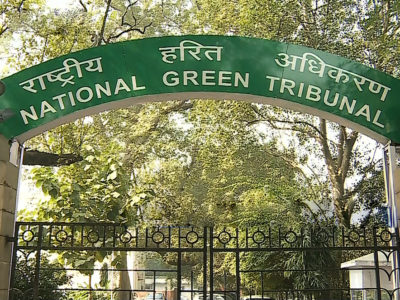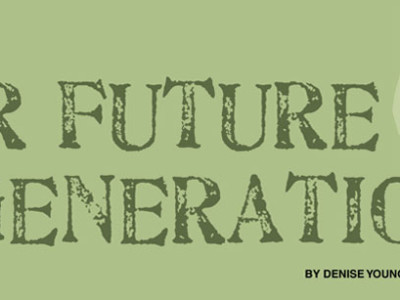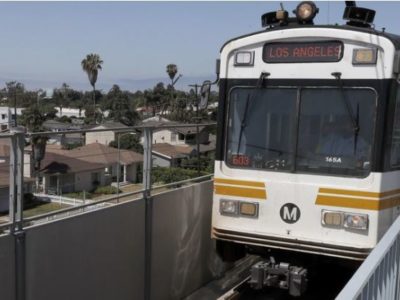Month: February 2019
What is Environmental Justice, Anyway?
New UCLA Law Review Article Attempts To Connect It To Community Legal Empowerment
I have a new piece out in the UCLA Law Review Discourse. Here’s the abstract: This Article considers Gitanjali Nain Gill’s recent book Environmental Justice in India, the first comprehensive look at India’s National Green Tribunal. India’s environmental crisis—major international surveys highlight its severe environmental degradation—is of interest to the global public, for no progress on …
Continue reading “What is Environmental Justice, Anyway?”
CONTINUE READINGDoes the Future Have Standing?
Climate change may devastate future generations. Is there a way to get their interests before the courts?
Climate change is not just a long-range problem; it’s one that will get much worse in the future unless major emissions cuts are made. For instance, sea levels will continue to rise for centuries. But the people who will be harmed by these changes can’t go to court: they haven’t been born yet. How can …
Continue reading “Does the Future Have Standing?”
CONTINUE READINGYour Religion and Science Post of the Day
An Important Philosophical Argument
It’s a fair point:
CONTINUE READINGLA’s Trying to Build Transit-Oriented Affordable Housing
But could we make it easier?
My colleague Jonathan Zasloff rightly points out that one way to harness the benefits of upzoning to alleviate our housing crisis is to promote inclusionary requirements for transit-oriented development. Los Angeles has adopted just such a program through its Transit-Oriented Communities ordinance, which I’ve written about here. Per the City of Los Angeles’ initial assessment, …
Continue reading “LA’s Trying to Build Transit-Oriented Affordable Housing”
CONTINUE READINGYellow Light for YIMBYs: Upzoning Can Increase Housing Prices
New Research Indicates That Inclusionary Zoning Should Accompany Liberalization
Well, that’s not what YIMBYs wanted. Yonah Freemark of MIT in the Urban Affairs Review: What are the local-level impacts of zoning change? I study recent Chicago upzonings that increased allowed densities and reduced parking requirements in a manner exogenous of development plans and neighborhood characteristics. To evaluate outcomes, I use difference-in-differences tests on property …
Continue reading “Yellow Light for YIMBYs: Upzoning Can Increase Housing Prices”
CONTINUE READINGBottoms-Up! An Emerging New Governance System (1)
In the past twenty years, climate policy has taken an unexpected form. Here’s what to expect.
There’s been a major change in the way environmental governance works, which is most obvious in terms of climate policy. We initially expected climate policy to be set at the international level, followed by incorporation into national legislation, and implementation by agencies and lower levels of government like states. But this top-down governance scheme isn’t …
Continue reading “Bottoms-Up! An Emerging New Governance System (1)”
CONTINUE READING









